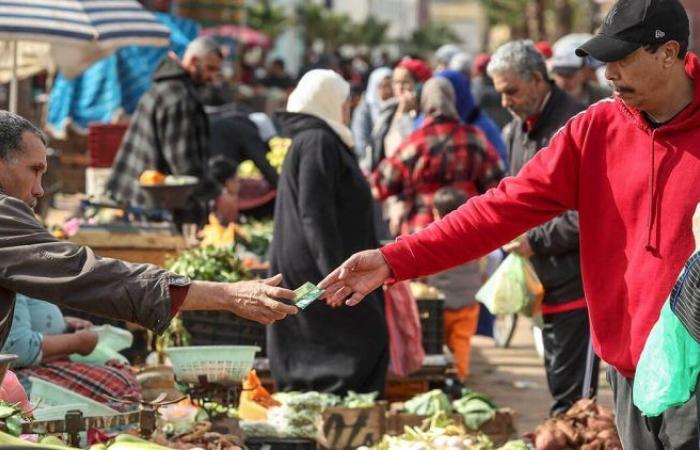Following the decision of the Court of Justice of the European Union (CJEU) to annul the fishing and agricultural agreements between the European Union and Morocco, many Moroccans are hopeful of a drop in prices fish and vegetables in their country.
This decision, widely commented on social networks, is seen as a potential boon for Moroccan consumers, whose purchasing power has been seriously eroded by the rise in prices of these essential products.
The reactions of Moroccan citizens on social networks show palpable relief. Comments such as “Morocco has the right to its own resources” reflect a sense of newfound justice, with citizens believing that the country’s natural resources should primarily benefit the local population rather than being exported under conditions deemed unfavorable.
The CJEU justified the annulment of the agreements by arguing that they had been concluded without the consent of the people of the Sahara. This decision has sparked debate among political analysts about its repercussions on relations between the EU and Morocco. However, for many Moroccans, this verdict represents above all an opportunity to stabilize prices on local markets.
Read also: CJEU: MEPs are outraged by a decision which “harms European economic interests”
A citizen expressed his dissatisfaction on Facebook: “ We live in a country with a coastline of over 3,500 kilometers, and yet we pay high prices for fish like sardines, even though they are exported to Europe. » This feeling is shared by many, who hope that the end of the agreements will allow resources to be redirected towards the internal market.
The Moroccan Foreign Ministry responded by stating that the European verdict contains legal errors and is politically biased. Morocco reaffirmed its position not to sign future agreements that would not respect its territorial integrity, a position already confirmed by King Mohammed VI in a speech on the Sahara.
Despite the CJEU’s decision, countries such as France, Spain and Belgium continue to maintain their strategic partnerships with Morocco. Analysts see this situation as an opportunity for Morocco to negotiate more balanced agreements in the future.
Vegetable price fluctuations in Morocco
Vegetable prices in Morocco have experienced several fluctuations in recent years, largely due to exports to Africa, particularly Mauritania. The decision of the Mauritanian authorities to significantly increase the cost of customs clearance for vegetables coming from Morocco has had a significant impact. In January 2024, the cost of crossing the El Guerguerat border post for trucks carrying vegetables more than doubled, from 70,000 ouguiyas (around 1,600 euros) to 190,000 ouguiyas (around 4,600 euros) , an increase of 171%.
This increase in customs costs caused a queue of trucks stuck at the border, with Moroccan transporters not being prepared for this sudden increase. The Mauritanian authorities had decided, from August 2023, within the framework of the Amending Finance Law, to exempt certain agricultural equipment while increasing customs duties on agricultural products to protect domestic production.
Tension on the vegetable market in Morocco has also been exacerbated by unfavorable weather conditions. After two years of drought, Moroccan agricultural production has been severely affected. The ensuing cold snap further reduced the supply of some agricultural products, leading to higher prices on the local market.
Moroccan consumers have felt the effects of these fluctuations, with prices of many vegetables rising sharply in recent weeks. This situation has also had repercussions in West Africa, particularly in Mauritania, Senegal and Mali, where imports of Moroccan vegetables are significant.
However, a decrease in exports of Moroccan agricultural products to Mauritania, following the increase in customs duties by Nouakchott, has led to a drop in the prices of certain vegetables in Morocco. This decline has been observed since January 15, 2024, providing respite to Moroccan consumers.






